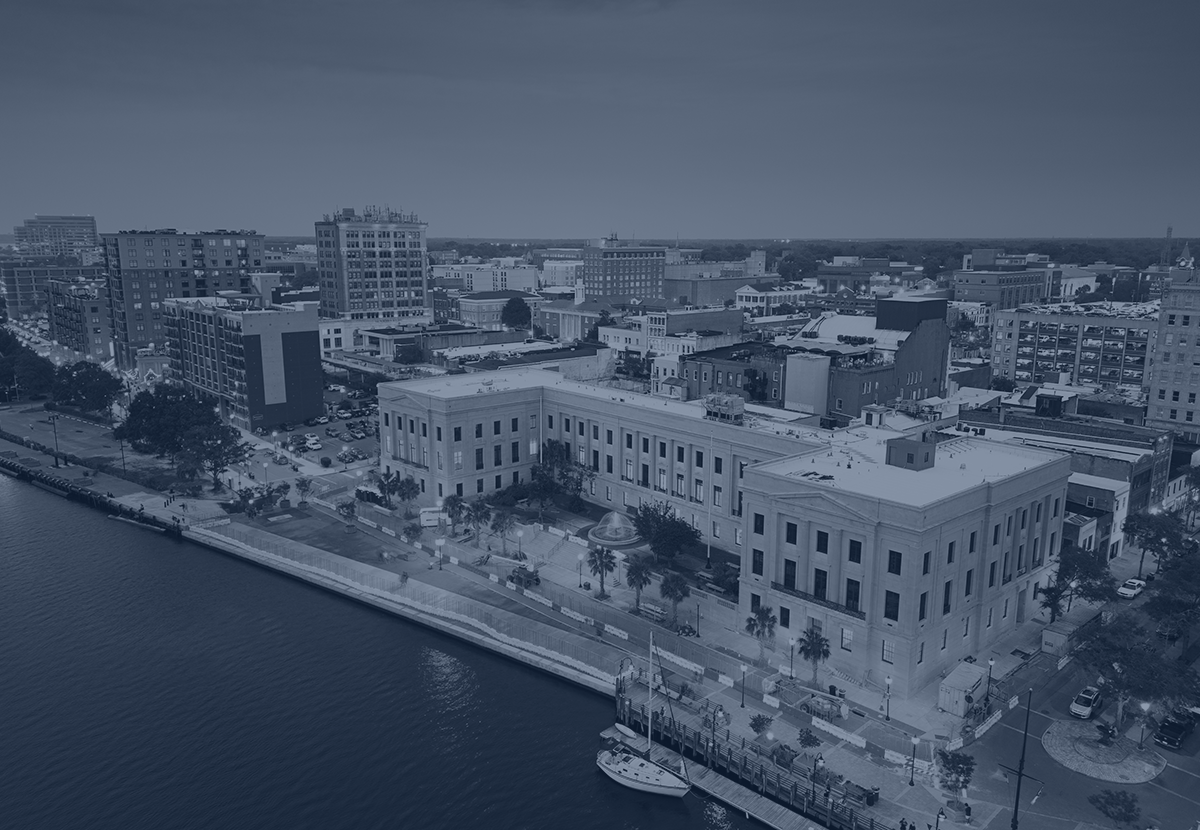The Wilmington City Council approved the first reading of its fiscal year 2026 budget Tuesday night, but uncertainty looms over the New Hanover County budget as commissioners grapple with a contentious property tax hike.
Wilmington’s city budget is set to bolster workforce development, public safety, and infrastructure projects, and commits substantial funding toward affordable housing. These housing initiatives will provide gap financing for new developments, homeownership assistance programs, and safety and health-related home repairs.
- A final reading of Wilmington’s budget is scheduled for June 17, where passage is widely anticipated.
At the county level, however, the budget process faces significant hurdles. Initially, Commissioner Bill Rivenbark, a Republican, appeared poised to support a 16% property tax increase by aligning with the commission’s two Democrats.
- This increase emerges despite lowering the property tax rate to 33.8 cents per $100 valuation from the previous rate, due to significantly higher property values. Under the proposed rate, the average homeowner with a property valued around $580,000 would pay roughly $396 more annually.
- To achieve revenue neutrality—meaning no additional tax revenue compared to the previous year—the rate would need to drop further to 29.1 cents.
Uncertainty: Rivenbark signaled uncertainty about his vote after a heated public comment period during Monday’s meeting. When Commissioner Rob Zapple pressed for an immediate decision, Rivenbark deferred, asserting, “It’s not going to pass…So that would be a waste of time.”
- He further explained, “What we’re getting ready to do touches every single person in this room and this county. It’s a big deal, and I don’t take that lightly. I’ve got some questions I want to ask, and just, not gonna do it tonight.”
Looking Ahead: As noted by WHQR’s Ben Schachtman, the New Hanover County Commission must finalize a budget by the end of June, with its last scheduled regular meeting slated for June 16. However, commissioners could convene additional sessions as necessary, potentially extending the debate up to the statutory deadline.


